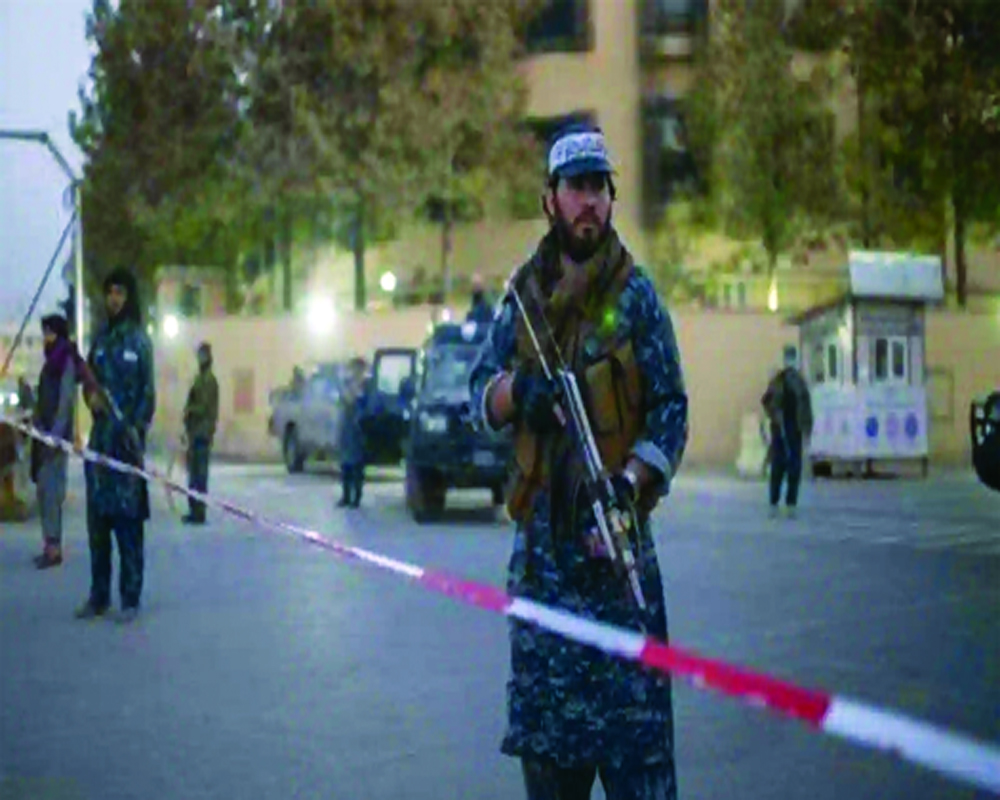Countries vow humanitarian aid to Afghanistan but the Taliban fail to honour its promises
Two things happened at the Moscow meeting Russia hosted on Wednesday of representatives of India, Pakistan, China, Iran and five former Soviet Central Asian states. One, Russia, with its record in Afghanistan, had the cake and ate it too by setting the meeting’s agenda and promoting its role as an influencer in the region. While China and Pakistan, the early birds to try and convince the world to back the Taliban, remained spectators, Russia took the initiative by declaring that nobody is interested in the “complete paralysis of an entire Stateâ€. Russia is playing its cards well. Its foreign policy is pragmatic rather than alarmist. Its strategic interest is retaining its influential role in Central Asia and preventing anything untoward in Afghanistan that can destabilise the situation there. It is not really at risk from an immediate spillover of Islamist terrorism. It will not risk any armed engagement in or on account of Afghanistan. It does not wish others to drag it into the conflict either. And now it has led a bloc, including the Taliban and minus the United States, to voice a shared concern.
Two, the Taliban got the backing of the Moscow group for a donor conference by the United Nations to help Afghanistan survive a humanitarian catastrophe. It was in line with last week’s G-20 economies’ bid to resolve the humanitarian crisis even if that meant coordinating with the as yet unrecognised interim Taliban Government. These two meetings, between them represented by the world’s dominant economies and influential actors in South and Central Asia, have thus used the dire situation in Afghanistan as the reason to justify working with the Taliban notwithstanding the international community’s objections to its terror links and regressive laws and non-inclusive Government. As long as the impoverished millions in that country get relief in terms of nutrition and medical care, that too formally supervised by the United Nations, not much role is left to play for the question of “recognition†of the Taliban’s interim Government. It was in effect circumvented in the name of shielding the Afghans from going hungry. In return for the humane gesture by these countries, the Taliban gave them yet another rendition of its original rhetoric when it set up the interim Government that it will not allow Afghanistan’s soil to be used by anyone to threaten the security of another country. It did not seem to matter at the Wednesday meeting that the Taliban again failed to commit itself to sever its links with terrorist groups sheltered in Afghanistan, did not say whether it was at all time-bound and whether its Government would be made inclusive and when. Rather, the Taliban would be even more relieved that the meeting put it on record that any practical engagement with Afghanistan will have to take into account the “new reality†of the Taliban being in power, irrespective of whether it is recognised or not.


























